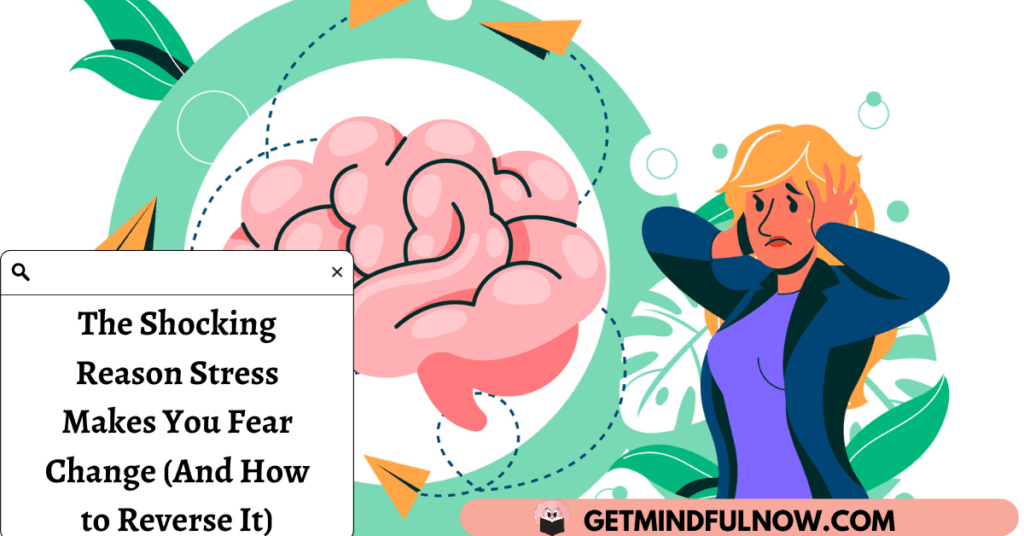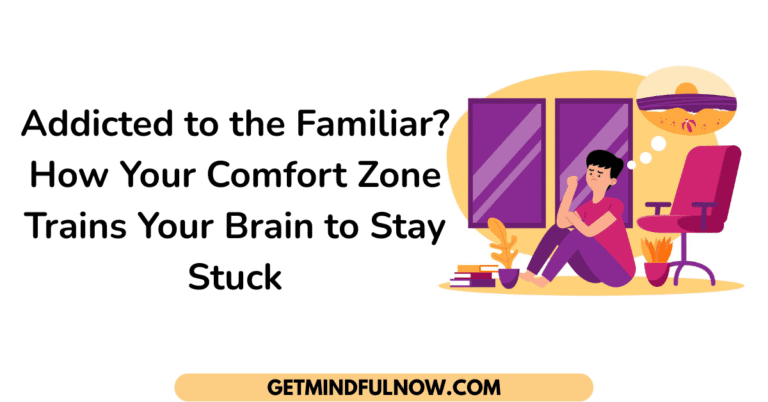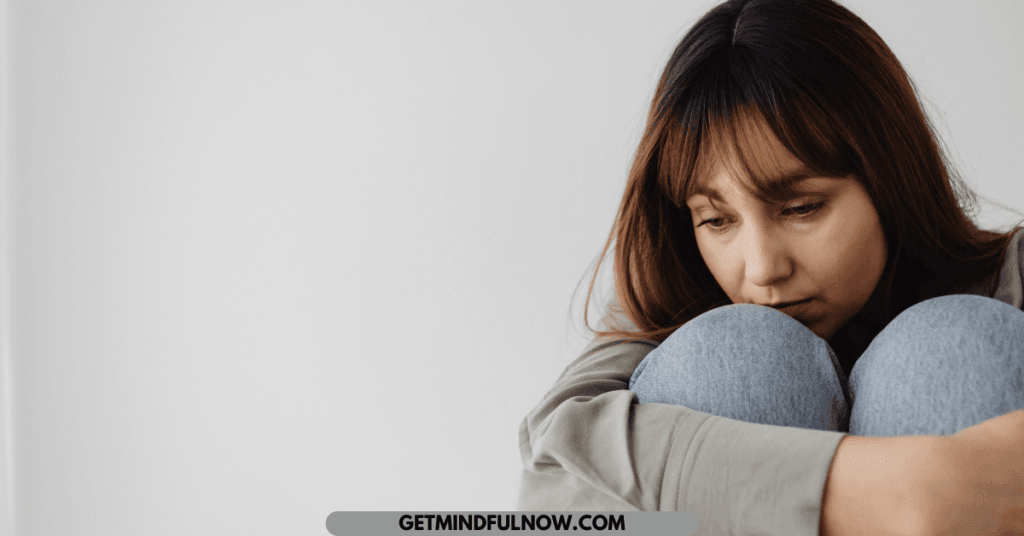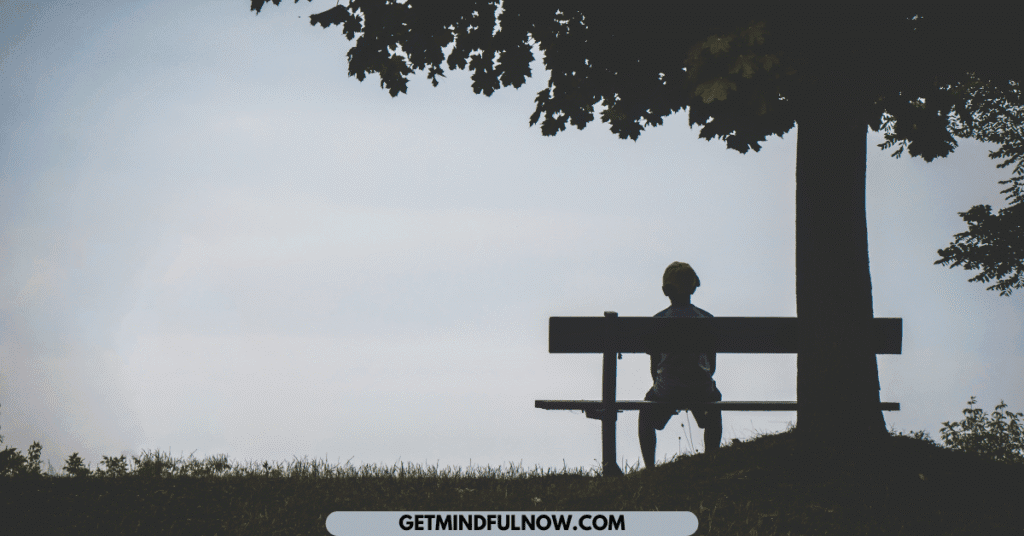Let’s just say it straight: we all like the familiar. That playlist you’ve heard a hundred times. That coffee mug with the chip in it. That same old fight you have with yourself every morning. It feels like home, right?
But what if I told you… that “home” is actually a trap?
Predictability Feels Safe. But It’s Not Freedom.
Most people confuse safe with alive.
When you’re used to stress, overthinking, guilt, or failure… the absence of those feelings feels weird. Too quiet. Even boring.
That’s because your body, literally, gets addicted to the chemical signals of the familiar.
In Chapter 2 of Dr. Joe Dispenza’s Breaking the Habit of Being Yourself, he explains something most self-help books skip: your body becomes so used to emotional patterns, it starts craving them. Even the painful ones.
This isn’t metaphor. It’s biology.
You think you’re making “choices” but you’re actually just feeding a chemical loop.
The Neuroscience Behind It
You’ve probably heard the phrase: “neurons that fire together wire together.”
So every time you think the same stressful thought, feel the same guilt, replay the same argument, you’re not just thinking. You’re wiring your brain to expect it.
And your brain, like an efficient assistant, goes:
“Oh, you felt stressed at 8 a.m. in traffic yesterday? Got it. Let me pull that up again for you.”
Your body? It follows. It floods with cortisol and tension like clockwork.
You’re not reacting to life. You’re reacting to a memory of how you usually feel at that time of day.
This is how people live their lives in loops.
And the kicker?
It feels so normal, you don’t even notice.
A Personal Note: When I Realized I Was Addicted
I started doing deep inner work years ago when I finally gave myself permission to stop being everyone’s caretaker. I was the parentified daughter, the one who held it all together, who anticipated every need, who carried the emotional weight of the household like it was my job.
Back then, guilt and shame weren’t just emotions. They were part of my identity. I didn’t even know peace could exist without a price. The moment I started feeling calm or free, something inside me panicked. I felt like I didn’t deserve it.
That’s when I learned, through consistent reflection, nervous system work, and some brutally honest journaling, that I was addicted to those emotions. Guilt was familiar. Shame felt like home. And breaking up with them felt like betraying a part of me that had been “useful.”
But I kept going. I kept choosing rest even when it made me squirm. I sat with discomfort until it didn’t scare me. And slowly, I began to unlearn what survival had taught me to worship.
Now I know: stillness isn’t laziness. Peace isn’t selfish. And guilt isn’t a requirement for being loved.
The Body Remembers, Even When You Don’t
this is where it gets wild: your body becomes your mind.
If your body has felt panic every time you open your email, it starts producing that panic automatically.
If you always feel anxious Sunday night, your body preps for it before you even realize it’s Sunday.
You can’t just think your way out of this.
You have to teach your body something new.
That’s where the discomfort kicks in.
Because doing something new, feeling something different? It’s unfamiliar. And to a body that’s addicted to predictability, unfamiliar = unsafe.
But that’s a lie.

The Comfort Zone Isn’t Comfort. It’s Just a Cage You Decorated.
You think you’re safe because you’re doing what you’ve always done.
Same thoughts. Same routines. Same emotional reactions.
But are you growing?
Are you expanding?
Are you designing your life?
Or are you just surviving… on autopilot?
Dr. Joe calls this living “equal to your environment.” You wake up, see the same house, talk to the same people, drive the same roads, and call that reality.
But that’s not reality. That’s repetition.
And repetition is safe.
Until it kills your spark.
Real-Life Example: Why Some People Stay in Toxic Relationships
You ever met someone who keeps going back to the same toxic family?
Or maybe you were that person (like I was once).
It’s not because they don’t know better.
It’s because their body is wired to expect that emotional rollercoaster.
So when peace shows up in a healthy relationship with themselves?
They run.
They say, “It’s too calm. I feel nothing.”
What they mean is: “My nervous system doesn’t know how to exist here.”
Research Says This Isn’t Just Habit. It’s Emotional Addiction.
According to psychoneuroimmunology studies, repeated emotional states, especially negative ones, create chemical feedback loops that the body memorizes.
Your body builds tolerance.
Then it builds cravings.
Not for joy.
For drama.
For failure.
For pain.
And that’s why even when you’re “done suffering,” you find yourself back in the same mess.
Because you’re not just breaking habits.
You’re breaking biological patterns.
The Shift: Choosing the Unknown on Purpose
You don’t break the comfort zone by hating it.
You break it by choosing something unfamiliar.
Even if it feels awkward.
Even if it feels fake.
Even if your body throws a tantrum.
Every time you choose peace over panic.
Stillness over stimulation.
Growth over the same loop…
You’re rewiring.
Not just your mind.
Your whole self.
Try This: 4 Disruptions to Your Daily Addiction
And here’s where the science gets seriously empowering: when you meditate deeply and consistently, your brain enters slower brainwave states (alpha and theta). In those states, your analytical mind softens, your subconscious becomes more suggestible, and your inner world becomes louder than your outer world.
This is where the real magic happens.
Because in that space, you’re no longer reacting to your past.
You’re rehearsing your future.
Studies in neuroscience show that in these brainwave states, the brain literally starts carving new synaptic connections. You’re not just calming down, you’re rewriting the code.
So if you want to move beyond your comfort zone, meditation isn’t optional. It’s the tool that helps you:
- Interrupt emotional addiction
- Observe your inner programs without judgment
- Install new beliefs based on the future you’re designing
It’s not about escaping reality. It’s about finally building one that isn’t recycled.
Now, back to the physical world.
- Do one thing different every day
Brush your teeth with your other hand. Take a new route. Break the pattern. - Feel something new on purpose
Practice joy. Curiosity. Gratitude. Not as a fake mood, but as emotional training. - Sit in the awkward
Stillness will feel itchy at first. Let it. That’s your old identity dissolving. - Ask: Who am I rehearsing right now?
Are you being you? Or a version of you trained by past chaos?
The Truth You Need to Hear
Your comfort zone is not your fault.
It’s your body doing what it was trained to do.
But just because it was memorized… doesn’t mean it has to be permanent.
The unfamiliar is where your future lives.
And yes, it feels wrong at first.
Because you’ve never been there before.
But wrong doesn’t mean bad.
It means new.
Final Word: Burn the Map. Build the Path.
You don’t need to fix yourself. You need to unlearn who your body thinks you are.
That means feeling emotions that aren’t familiar. Making moves your past self would fear. Choosing to stop waiting for “safe.”
Because predictable isn’t the goal.
Freedom is.
And freedom feels weird before it feels natural.
💌 Ready to break your comfort loop and design a brain that works for your future?
Subscribe to my newsletter.
Every week, I send out practical science, real tools, and the messy truth about creating a new version of you.
or connect with me on Threads.
Start now. The unknown is waiting.








